Article 370, Died on 5th August, 2019— Cremation Today
A 5-Judge Constitutional Bench of the Supreme Court of India, headed by the Chief Justice DY Chandrachud, is set to deliver its Judgment today.
Anticipating the Verdict: Tracing the Trajectory of Article 370
As the nation awaits with bated breath, the 5-Judge Constitutional Bench of the Supreme Court of India, led by Chief Justice DY Chandrachud, is poised to deliver its landmark judgment on the constitutional validity of the abrogation of Article 370 today. In this critical juncture of our nation's constitutional history, we aim to provide a succinct overview of the genesis and eventual demise of this controversial provision, while offering our take on the anticipated outcome of this historic verdict.
Introduction to Article 370 and its Constitutional Context
Article 370 was an integral component of the Indian Constitution when it was enacted on January 26, 1950. Positioned within Part XXI, which addresses 'Temporary, Transitional and Special Provisions', it essentially functioned as an enabling, shell provision, activated and given substance only through Presidential Orders. Without such an order, Article 370 essentially remained a dormant element of the law. For decades, this Article was perceived and esteemed by many as a steadfast constitutional guarantee, that served to reinforce the Instrument of Accession executed by Maharaja Hari Singh of Jammu and Kashmir on October 26, 1947. This accession brought the Princely State into the fold of the Dominion of India. The designation of Article 370 as dealing with 'Temporary provisions with respect to the State of Jammu and Kashmir' did not imply, in the eyes of many, an inherent necessity for its eventual dissolution or phase-out.
The Concept of Constitutional Guarantees and Amendments
Any 'constitutional guarantee', whether originally embedded in the Constitution or later introduced through amendments, is subject to modification or repeal by the Parliament utilizing its amendment powers. Legal estoppel does not apply in this context. The foundational principles of the Constitution, as outlined in the landmark Kesavananda Bharati case by the 13-Judge Bench of the Supreme Court of India, are exempt from alteration through constitutional amendments. In our view, these fundamental characteristics include the Republic of India's democratic and secular nature, and certainly, an independent judiciary endowed with circumscribed powers of judicial review, as explicitly affirmed by the Apex Court.
Historical Precedents and Constitutional Amendments
The example of abolishing the 'Privy Purses' for rulers of former princely states is illustrative. In a similar vein, subsequent constitutional amendments led to the effective abrogation of key provisions in various instruments of accession that had been executed by different princely states upon joining the Union of India. These amendments altered what were once considered 'constitutional guarantees'. Such changes inevitably resulted in legal challenges, yet the amendments were consistently upheld by the Supreme Court of India.
The Evolution and Perception of Article 370
In our considered view, Article 370 functioned as an enabling provision, possessing a somewhat elusive and indistinct nature, manifesting as tangible and effective only when underpinned by a Presidential Order. Its activation was not the result of a formal constitutional amendment, but rather through such a Presidential Order. Additionally, its intended nature was temporary, not designed for indefinite continuation. Over time, however, Article 370 acquired an elevated stature, both within and outside J&K, and among various stakeholders at home and internationally. It came to be regarded with an almost sacrosanct reverence in the Constitution, seemingly overshadowing other provisions, including the Fundamental Rights, largely due to its introductory phrase 'Notwithstanding anything in this Constitution'.
The Decisive Move to Abrogate Article 370
Successive governments in Delhi contemplated the removal of Article 370, yet were consistently confronted with the formidable requirement for consultation, concurrence, or recommendation from the Constituent Assembly or Legislative Assembly of Jammu and Kashmir. This requirement was perceived as an insurmountable barrier, one that seemed impossible to bypass, overcome, or dismantle. However, a pivotal moment in the nation's history emerged, during which Prime Minister Narendra Modi, with the adept support of Home Minister Amit Shah, made a decision that was politically, diplomatically, strategically, legally, and morally astute and bold. This decision relegated Article 370 to the annals of India’s political and constitutional narrative. Article 370, at this juncture, was seen not merely as an outdated relic but also as a challenge to the Parliament's authority, especially considering that laws passed by the Parliament did not extend automatically to the jurisdiction of the former State of Jammu and Kashmir.
The Finality of Article 370's Abrogation and Legal Perspectives
We firmly believe that Article 370 of the Indian Constitution effectively ceased to exist in its original form as of August 5, 2019. In our view, it is beyond the scope of any Supreme Court bench to restore or reanimate it. The most likely course of action for the Court is to issue a unanimous (5-0) verdict, affirming the Union of India's sovereign decision to abrogate the contentious Article. While the individual Justices may cite varying rationales in their opinions, we anticipate that the ultimate conclusion - the upholding of the abrogation - is already a foregone conclusion.
Post-Abrogation Developments and the Future of Jammu and Kashmir
The decision of 11th December, 2023, by the Apex Court, in our humble opinion, will merely give Article 370 a decent burial – nay, cremate it with dignity, so that the ashes can be immersed, metaphorically speaking, in the River Jhelum that flows through J&K into Pakistan. While this moment may be one of celebration for many citizens across India, it is crucial to approach it with a spirit of inclusivity and respect. It's important not to marginalize or vilify the Muslim community in the current Union Territory of Jammu and Kashmir. Instead, we should wholeheartedly welcome them as equal and integral citizens of the Republic of India, moving beyond their historical status as subjects of a bygone Princely State1.
This said, it is imperative that the Union Territory of Jammu and Kashmir be provided with its own elected Legislative Assembly at the earliest. The establishment of such a democratic institution and the conduct of elections are crucial steps. Furthermore, it is essential that the Union Territory of Jammu and Kashmir eventually be accorded the status of a full-fledged State, enabling it to engage on par with the other States within the Indian Union. Subsequently, national efforts and resources should be directed towards reclaiming Pakistan-Occupied Kashmir (POK), along with other territories in the erstwhile North West Frontier Region and its tribal areas. These regions, as per the Mountbatten Award, were allocated to India, yet remained beyond our control due to the lack of geographical continuity, a gap created by the presence of POK.
Article 370 is dead. RIP.
Jai Hind!
Epilogue (After the Supreme Court’s Verdict)
Essentially on the lines that we had expected.
https://www.barandbench.com/news/article-370-judgment-explained-supreme-court-president-could-struck-down-unilaterally-no-need-amend-a-367
Abrogation upheld in a 5-0 Judgement, elections before 30th September 2024, statehood as soon as possible, Ladakh to remain a separate UT.
Article 370: Supreme Court Hearing Complete: What Next?
Article 370: An In-Depth Analysis of its Abrogation and Post-Judgment Consequences Introduction As the Supreme Court of India, led by Chief Justice D.Y. Chandrachud, wraps up its 16-day hearings on the constitutional validity of the abrogation of Article 370, the nation waits with bated breath for the judgeme…




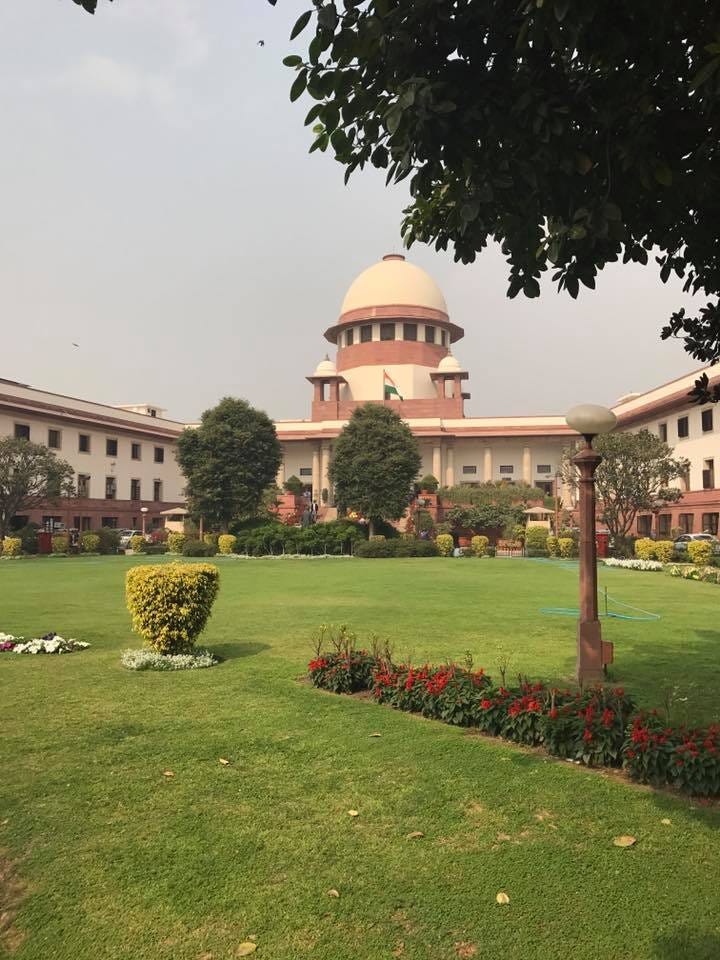
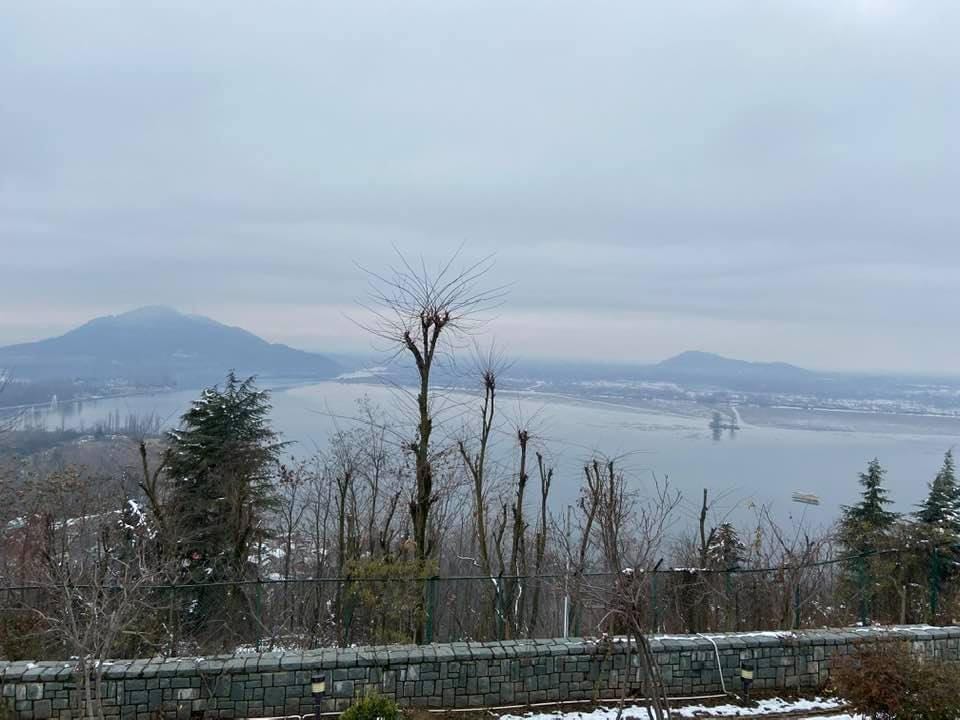
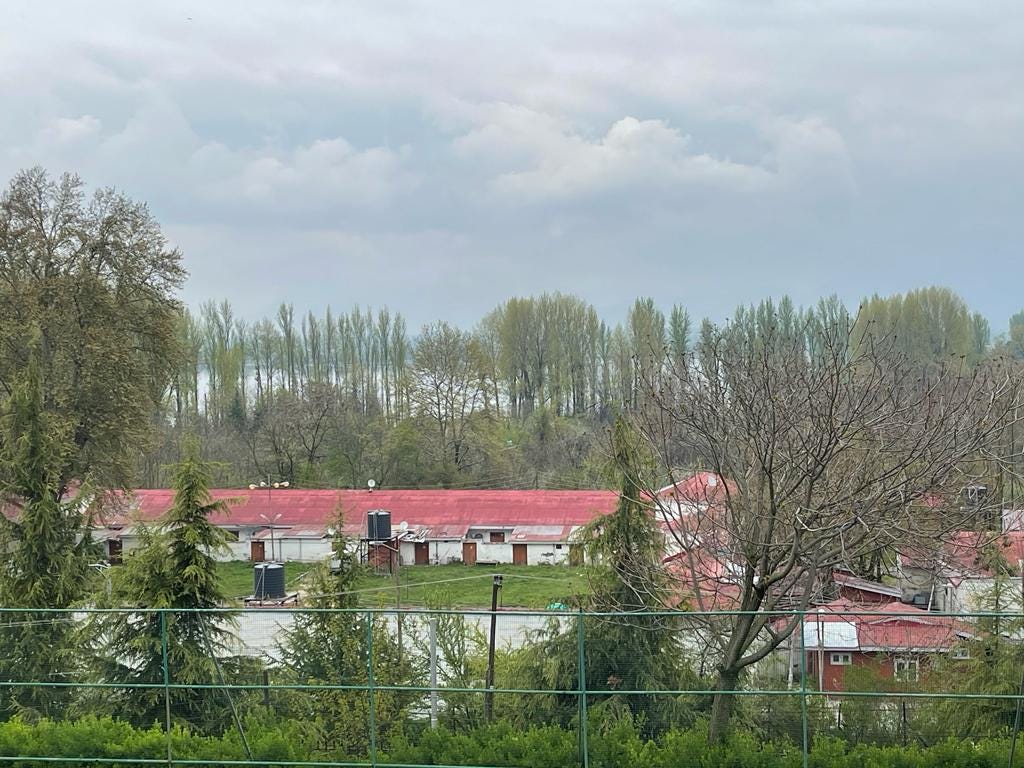

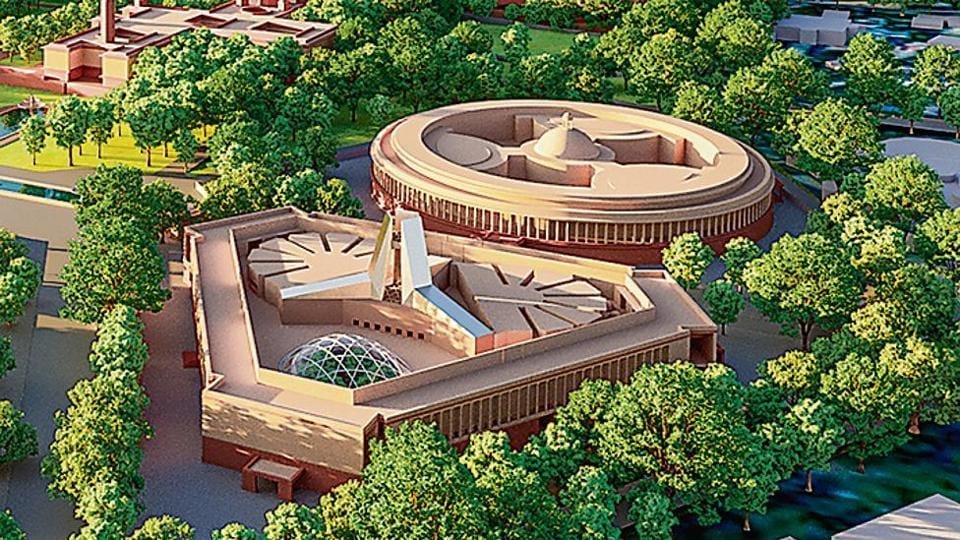
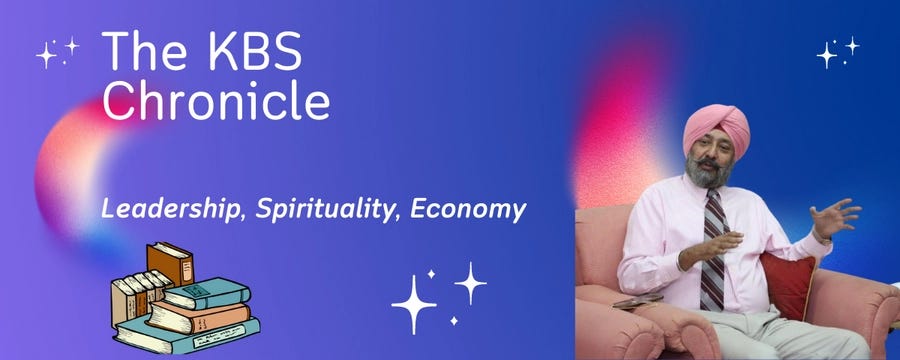

The removal of Article 370 is a violation of agreement terms between India and Maharaja Hari Singh when Maharaja requested help from India against Pakistani invasion. If Article 370 is against the spirit of Indian constitution then right to property should also be prevailed in Himachal Pradesh, Rajasthan and other states of India.
The most awaited judgement, perhaps! For sure, this is gonna rewrite history.